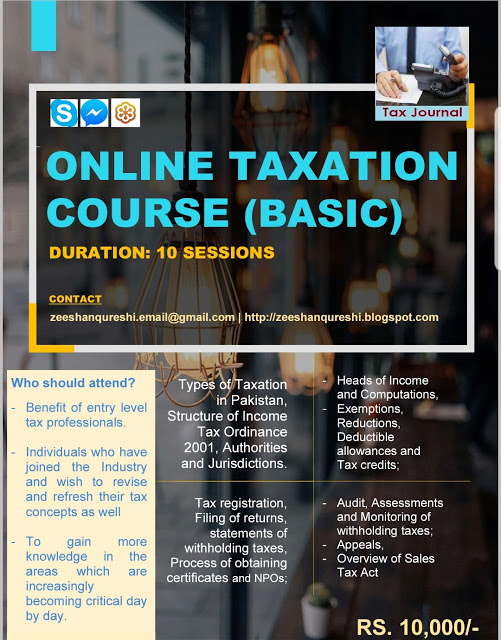Neglected concept of Jurisdiction under the Income Tax Ordinance, 2001

1.1) Most of the notices served by the tax authorities are often recurring in nature and have various similarities among the issues raised . 1.2) The taxpayers getting used to these sort of procedures is almost always willing to submit reply without ascertaining the proper jurisdiction of the notices served by the tax officer. 1.3) Most of the time these notices are without jurisdiction, illegal and unwarranted in law. It is, therefore, very important for taxpayers or consultants to see if the notice being served have proper jurisdiction or not. 1.4) The most common sort of jurisdiction issues relate to the tax offices, circles and zones. Most oftenly the notices served are outside the jurisdiction and relates to irrelevant Zone or instead of Regional Tax Office the notice might be sent by Large Taxpayers Unit or Vice versa. Exception: information under section 176 of the Income Tax Ordinance, 2001 may be requested by any zone or tax office and issue of jurisdicti






